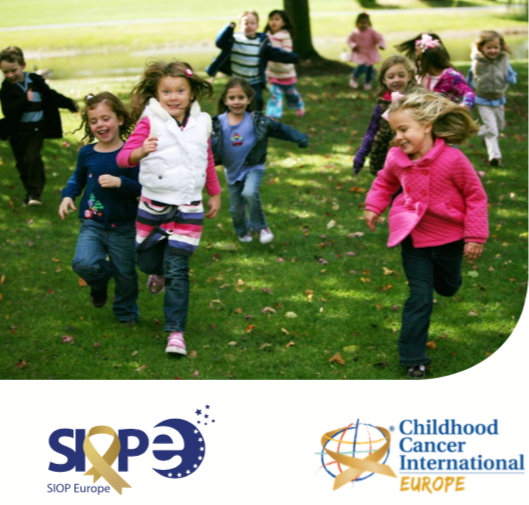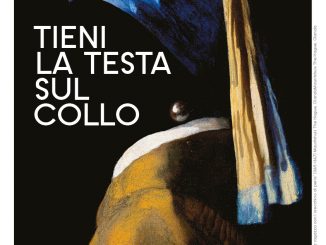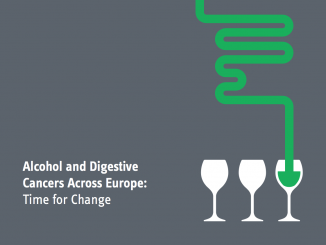The European Parliament that will be elected in the coming months has to deal with more than 35.000 new cancer diagnoses in children and young people, more than 6.000 deaths among young patients, and nearly half a million childhood cancer survivors by 2020 – 2025: these are some of the figures contained in the “Manifesto for the European Elections of 2019” just launched at the International Childhood Cancer Awareness Day event hosted at the European Parliament in Brussels by Italian MEP Elena Gentile with Slovenian MEP Alojz Peterle, who is President of the MEPs Against Cancer (MAC) Group, and Belgian MEP Lieve Wierinck.
 The Manifesto is the joint effort of the European Society for Paediatric Oncology (SIOPE, representing all professionals working in the field of childhood cancers, with more than 1.850 members across 35 countries) and Childhood Cancer International – Europe (CCI-E, that represents 67 childhood cancer parents’ and survivors’ groups in 33 European countries.
The Manifesto is the joint effort of the European Society for Paediatric Oncology (SIOPE, representing all professionals working in the field of childhood cancers, with more than 1.850 members across 35 countries) and Childhood Cancer International – Europe (CCI-E, that represents 67 childhood cancer parents’ and survivors’ groups in 33 European countries.
“Individual types of cancer in children and adolescents are rare, but taken together, they represent a leading public health and socio-economic issue in Europe” the groups highlight in a press release. “The rarity of individual paediatric cancer types and their high collective health burden across Europe make coordinated EU level approaches crucial. Patients and affected families stand to gain considerably from pan-European cooperation in both research and healthcare. Ensuring equal rights and adequate social protection for parents, patients and survivors is an important underlying priority. EU legislative processes should be proactively monitored so they integrate the health, research and socio-economic needs of the paediatric haematology oncology community into new initiatives”.
The Manifesto gives key recommendations to the MEPs:
- To advance an enabling legislative environment for faster and more efficient development of affordable innovative medicines for children with cancer and other life-threatening diseases
- To foster allocation of resources to childhood cancer research with an increased focus on big data and deep learning tools
- To ensure sustainability of the European Reference Networks (ERNs), of which ERN PaedCan is dedicated to paediatric cancer, especially to combat inequalities in access to the best available treatment and expertise for children across Europe
- To support collaborative efforts on the development and implementation of appropriate surveillance guidelines and long-term models of care for survivors of childhood cancer
- To support initiatives on interoperability, harmonisation and security of eHealth platforms to foster cross-border research and knowledge transfer for the benefit of childhood cancer patients and survivors
- To support initiatives that foster and promote patient advocacy and empowerment in research, healthcare, and socio-economic areas
“During the current European Parliament term, we have gathered many times to state the urgent public health and societal issues that childhood cancer continues to pose in Europe” MEP Elena Gentile said. “We have also formulated solutions and most importantly took resolute actions to advance the necessary changes. The European Elections 2019 will be an important opportunity to raise further political awareness and consolidate the support for the childhood cancer cause in Europe.”
“The keywords that have been crucial are: working together, collaboration and partnership” Professor Pamela Kearns (SIOP Europe President) added. “Such firm and committed alliances have enabled us to make progress in paediatric oncology over the past 20 years. Working together and collaboration are at the heart of improving outcomes for childhood cancers.”
“It is crucial that our lawmakers at the European level support the vision of collaboration with all stakeholders on research and healthcare initiatives by encouraging patient, parent and survivor empowerment, with consideration for the socio-economic dimension.” Anita Kienesberger (CCI Europe) concluded..





